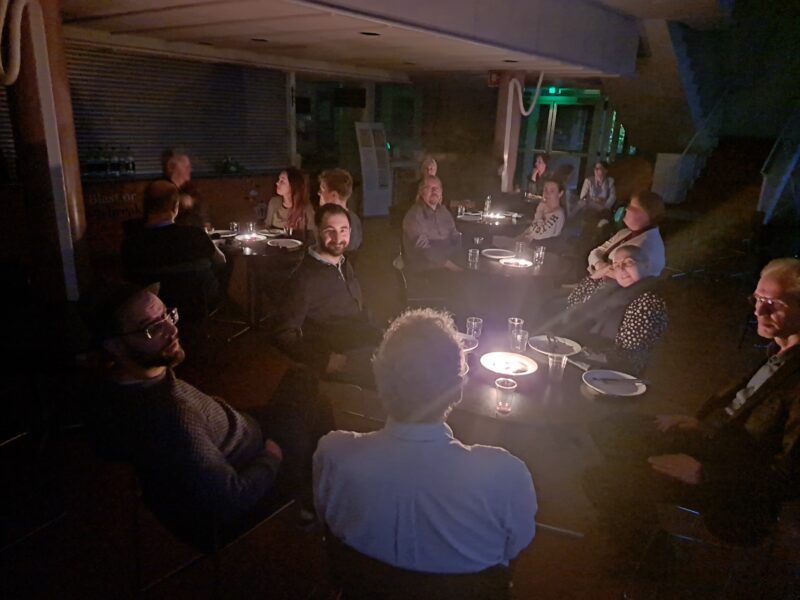
What does it really mean to study borders? For Mert Cangönül, it’s not just about lines on a map, it’s about the human stories, the systems of control, and the everyday practices that shape migration and identity. As a PhD candidate in Political Science at Koç University and the University of Amsterdam, Mert’s research digs deep into the complexities of the Schengen visa regime in Türkiye. He’s interested in how visa applicants navigate bureaucratic barriers, how visa companies act as intermediaries, and how consulates decide who gets to cross borders.
In an effort to push his research further and gain new perspectives, Mert participated in a week-long exchange at the University of Eastern Finland (UEF), part of the Eur-Asian Border Lab’s scholar collaboration initiative. The exchange opened Mert’s eyes to new insights on borders, insights that go beyond the political and economic, and touch on the lived experiences of people caught in the flow of migration.
Connecting theory with real-world practices
Mert’s work is rooted in three main areas:
- The lived experience of visa applicants, highlighting the human side of border control and the everyday negotiations they face.
- The role of intermediaries, such as travel agencies, that shape how borders are crossed.
- The politics of risk, especially how travellers are categorised as “risky,” “fraudulent,” or “bona fide” by consulates.
His goal? To uncover how borders are more than physical barriers… how they are entangled in personal stories, government practices, and the larger geopolitical landscape.
Engaging with a global network of border scholars
The exchange at UEF gave Mert a chance to collaborate with scholars from across the globe who are tackling borders from different angles. Through seminars, discussions, and informal conversations, Mert explored the diverse ways borders are experienced and understood by people in different regions. As he puts it:
“The exchange opened my eyes to how border studies are approached from different perspectives. I came away with new ideas and insights that I could apply to my own research. It was a conversation, not just a lecture, that truly enriched my understanding of borders.”

Blurry but memorable! A power cut left the team with this moody, candlelit scene – Mert takes the “centre” stage.
One of the highlights for Mert was getting a nuanced understanding of Finnish visa policies and their implications for broader European practices. According to him:
“I had the opportunity to compare Finnish visa policies regarding Russia with the EU’s overall visa framework for Türkiye, which shed light on differences and similarities in these approaches. This comparative analysis has enriched my research, enabling me to contextualise Türkiye’s visa challenges within the European borderscape.”
The power of collaboration
The Border Lab exchange isn’t just about academic growth, although that constitutes a significant part of it. Rather, it is about being part of a global community of scholars who share the same goal: to expand the way we think about borders. For Mert, it was an opportunity to exchange ideas, challenge his assumptions, and build meaningful connections that will influence his research for years to come.
Discover more about our work and upcoming opportunities here.